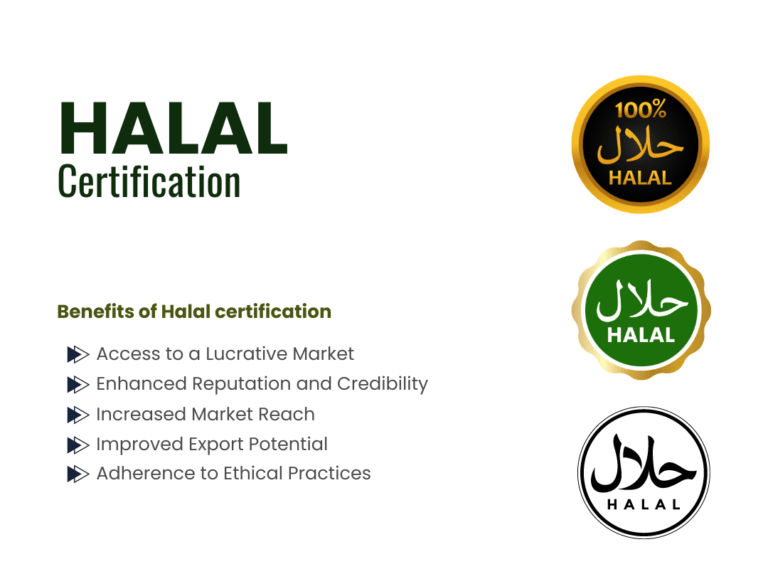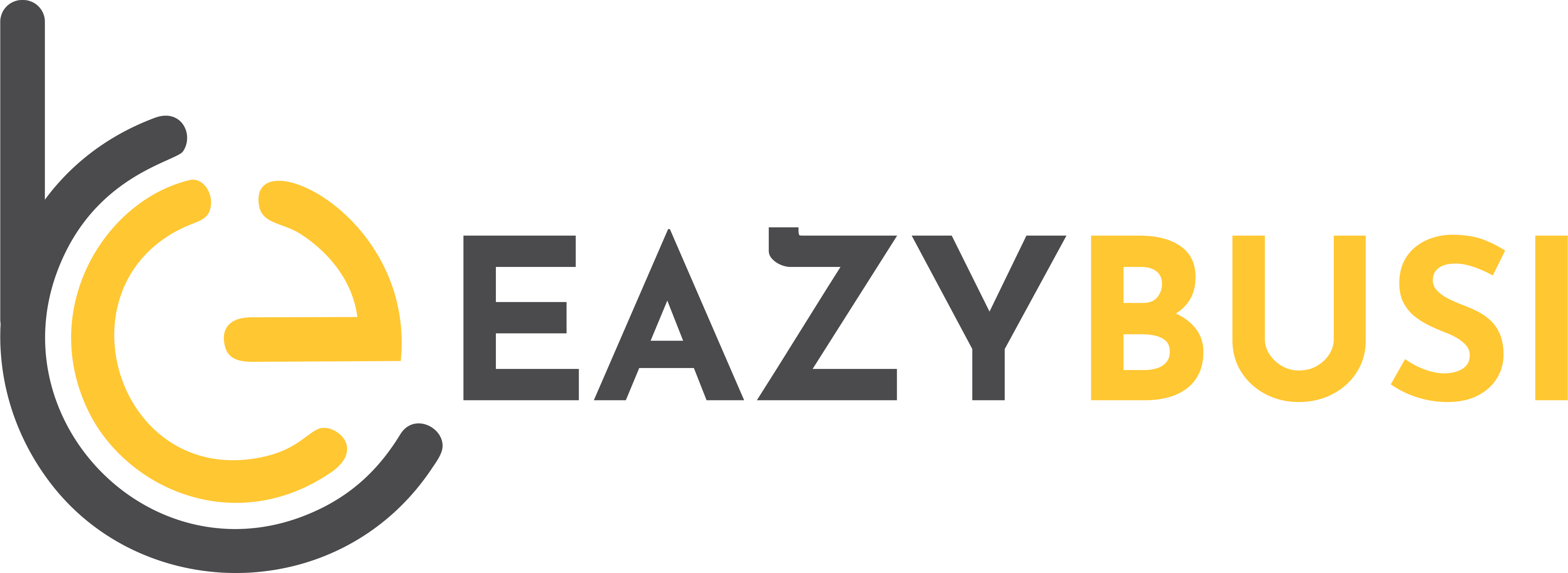Halal Certification
- Home
- Halal Certification
A Halal certificate signifies that a product or service adheres to Islamic dietary laws and regulations. It confirms that the item is permissible or lawful for consumption by Muslims, as it meets the criteria outlined in the Quran and Hadith.
This certification encompasses various aspects, including sourcing, processing, and handling, ensuring that the entire supply chain complies with Islamic principles. For Muslim consumers, Halal certification assures adherence to religious guidelines, promoting trust and confidence in the products they purchase. Moreover, it facilitates access to a broader market, fostering inclusivity and diversity in global trade.

Benefits of Halal certification
Obtaining Halal certification for your business can offer a myriad of benefits that extend beyond just catering to a specific market segment. Halal certification signifies compliance with Islamic dietary laws, making your products or services permissible for consumption by Muslims worldwide. Here are some of the key advantages:
Access to a Lucrative Market: With over 1.8 billion Muslims globally, the Halal market presents a significant opportunity for businesses to tap into a consumer base that prioritizes adherence to religious principles in their purchasing decisions. By obtaining Halal certification, you gain access to this sizable and growing market segment.
Enhanced Reputation and Credibility: Halal certification serves as a testament to your commitment to quality and compliance with Islamic standards. This certification enhances your reputation among Muslim consumers, fostering trust and credibility in your brand. It demonstrates your dedication to meeting their religious and dietary requirements, thereby strengthening brand loyalty.
Increased Market Reach: Halal certification not only appeals to Muslim consumers but also attracts non-Muslims seeking products that adhere to strict quality and ethical standards. This broader appeal expands your market reach, allowing you to cater to diverse consumer preferences and preferences.
Improved Export Potential: In addition to domestic markets, Halal certification opens doors to international trade opportunities, particularly in regions with large Muslim populations such as the Middle East, Southeast Asia, and North Africa. Compliance with Halal standards facilitates easier market entry and fosters trust among overseas buyers, thereby boosting export potential.
Adherence to Ethical and Hygienic Practices: Halal certification mandates adherence to stringent ethical and hygienic practices throughout the production process, including sourcing, manufacturing, and handling of products. By aligning with these standards, your business ensures the highest levels of quality, safety, and integrity, which are valued by consumers regardless of their religious beliefs.
In conclusion, the Halal certification plays a crucial role in ensuring the compliance of food and products with Islamic dietary laws. Beyond its religious significance, it has become a symbol of trust and quality assurance for a diverse global consumer base. As the demand for Halal products continues to rise, the certification process must adapt to evolving standards and international regulations. Ultimately, by upholding transparency, consistency, and stringent criteria, the Halal certification not only serves the needs of Muslim consumers but also fosters an environment of inclusivity and integrity within the global marketplace.
